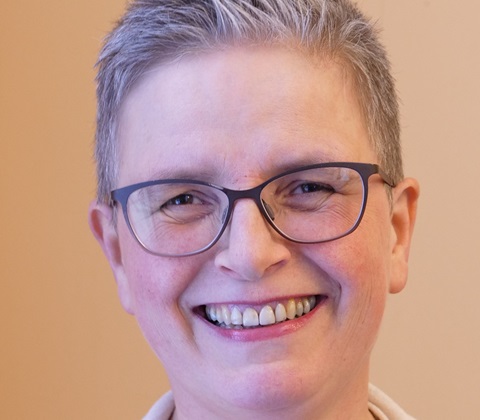Nyenrode Business University recently hosted the third edition of the Radical Thinkers Series. In the series, professors and scientists come forward to share a radically different way of thinking. Prof. Dr. Beate Sjåfjell, Professor of Law at the University of Oslo, gave her view on the 'Agency Theory'. She makes clear why it is necessary to review this theory and reconsider the allocation of corporate responsibility, accountability, and liability within companies.
What is the common denominator between asking someone to order a coffee for you with a barista and the relation between corporate boards and shareholders? Sjåfjell makes it simple: it is the agency theory, which identifies potential conflicts of interests between decision-makers and those impacted by the decisions. In other words, Sjåfjell tells us that the agency theory answers two fundamental questions in modern business: Who makes the decisions and what are the costs, or, more broadly, the consequences of the decisions?
 Various disciplines
Various disciplines
In agency theory terminology, the decision-maker is the agent, and the person or entity the decision is made on behalf of, is the principal. In the case when you are ordering a coffee, you are the principal. And the person actually bringing your coffee is the agent. Will he or she bring back a coffee exactly according to your wishes? In corporate law and corporate governance, the agency theory views corporate boards and by extension senior management as ‘agents’, and shareholders as ‘principals’. Will the management take the best decisions only in the interest of the shareholders?
Strongly embedded in business operations, the agency theory dictates that the core duty of the board is to maximize returns for shareholders known as ‘shareholder primacy’. However, Sjåfjell tells us: “This is ‘only’ a socially accepted norm and a legal myth. The board has a legal duty to protect and promote the interest of the corporation, not only the ones of the shareholders”. In simple terms, the agency theory overly focuses on shareholders as principals omitting others (employees, stakeholders) that are crucial for a company. By doing that, it also pays little attention to the impact to the other constituents of a business and the societal and environmental costs are seen as externalities.
Revisiting Agency Theory
Sjåfjell proposes a new way of thinking about corporate law and to make the agency theory fit for purpose. She invites us to revisit the agency theory by revisiting who really make decisions within a corporation. Consequently, Sjåfjell urges to consider a larger palette of principals namely the corporation, the shareholders, internal and external contractual parties and people, the environment and society impacted by corporate activity. By reforming corporate law, this interdisciplinary redefinition of agency theory will create a new starting point for thinking about corporate responsibility, accountability, and liability.
At the end of her presentation Sjåfjell askes herself what would happen if a company behaves like a herd of animals rushing towards to a cliff: “What if one animal in the middle of the group actually realizes that this would mean the end if they go over that cliff. But how is it going to make the herd turn away? Will it find an exit?”. To revisit agency theory practically, changes in corporate laws are needed, this is the turn!
The editions of the Radical Thinkers Series are and will remain online to make them as accessible as possible. Audiences include Nyenrode faculty members and colleagues as well as other interested parties.
The next session of the Radical Thinkers Series will be hosted by Dr. Stefanie Beninger, Assistant Professor of Marketing at the IE Business School at IE University. Beninger's research focuses on the role of marketing in society, with a focus on resilience, markets, community, and vulnerable groups.
Interested in joining this session on November 29? Then please sign up in advance.

